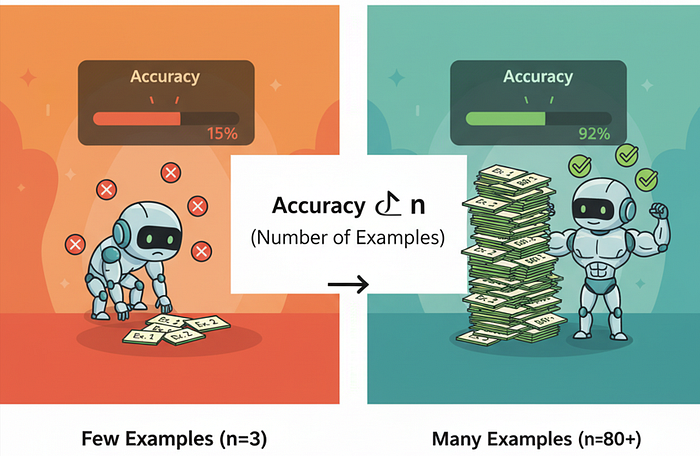
Why Every Data Scientist Should Write Tech Blogs
Last Updated on December 21, 2020 by Editorial Team
Author(s): Pushkara Sharma
5 Benefits of writing Blogs that will definitely Boost your Data Science Profile.

In this article, rather than coding, I would like to share some of the benefits of writing a blog/article/tutorial as a Data Science Enthusiast.
Trust me, and if you want to go a long way in this field, it is unavoidable. Consider it as an advanced form or more detailed version of the readme file you make for your GitHub projects that will allow your project (open source) to reach more audiences and better understand your project.
Yes!! I know writing concise and clear technical blogs takes practice but trust me, the knowledge you share will help many folks.
NOTE: Most people will say to start your own blogging website. In some cases, this will be beneficial(earning money through ads), but if you really want to share your knowledge, go for renowned platforms like Medium. Tell me who wants to see those ads while learning something. That’s the reason for the success of Medium(no ads).
So, here are some of the benefits of writing blogs that will boost your data science portfolio.
Enforce Learning
Writing about what you have learned recently or explaining the project’s working and the project and the algorithms’ underlying math will help you remember it in the longer run. Also writing the learning in your words will help you to recall it quickly by just skimming through the article.
Knowledge Sharing
Sharing code with others is not enough. They must understand why you have used a certain algorithm and other technical stuff to understand your project’s underlying working. So, that they can implement that without any hurdle or even contribute and improve your existing project. This gap can be filled by writing an article.
Also, sharing your solution to a particular problem can be in the form of an answer to StackOverflow or Quora’s question.
Gratitude and Contribution to Open Source
This field of Data Science is mostly driven by open source or free to use materials, whether it is projects like scikit-learn, free courses, youtube videos, or maybe StackOverflow answers. And all of us, including you, are helped a lot by these materials. So consider it as our duty, we must contribute to the world of Open-Learning(Free). You can write about anything that you have learned recently or about those topics or problems which are not answered yet on StackOverflow or maybe your thoughts like this particular article.
Connecting with more Data Science Enthusiasts
Before I started writing, I barely know (other than my university friends)people in Data Science, although I was doing some projects, pushing code on Github. So, writing articles on world-renowned platforms like Medium will help you connect with people of the same interest. Maybe one of your readers will hire you.
Improved Documentation Skills
This one is significant. We all know about the importance of documentation. Freshers always rush to build some great projects but lack in their presentation. In the corporate world, documentation is given almost the same importance as the code itself. For example:- How will you run any project, if you don’t know how to run it? So this skill of writing good documentation can be easily developed by writing articles about your projects.
These were some of the benefits that I think every Data Scientist must avail of by writing blogs.
Everyone has learned something worth SHARING! So, stop hesitating START SHARING. 😃
This is my first article that doesn’t have any code involved. Please let me know if you liked it or not.
Why Every Data Scientist Should Write Tech Blogs was originally published in Towards AI — Multidisciplinary Science Journal on Medium, where people are continuing the conversation by highlighting and responding to this story.
Published via Towards AI
Take our 90+ lesson From Beginner to Advanced LLM Developer Certification: From choosing a project to deploying a working product this is the most comprehensive and practical LLM course out there!
Towards AI has published Building LLMs for Production—our 470+ page guide to mastering LLMs with practical projects and expert insights!

Discover Your Dream AI Career at Towards AI Jobs
Towards AI has built a jobs board tailored specifically to Machine Learning and Data Science Jobs and Skills. Our software searches for live AI jobs each hour, labels and categorises them and makes them easily searchable. Explore over 40,000 live jobs today with Towards AI Jobs!
Note: Content contains the views of the contributing authors and not Towards AI.












